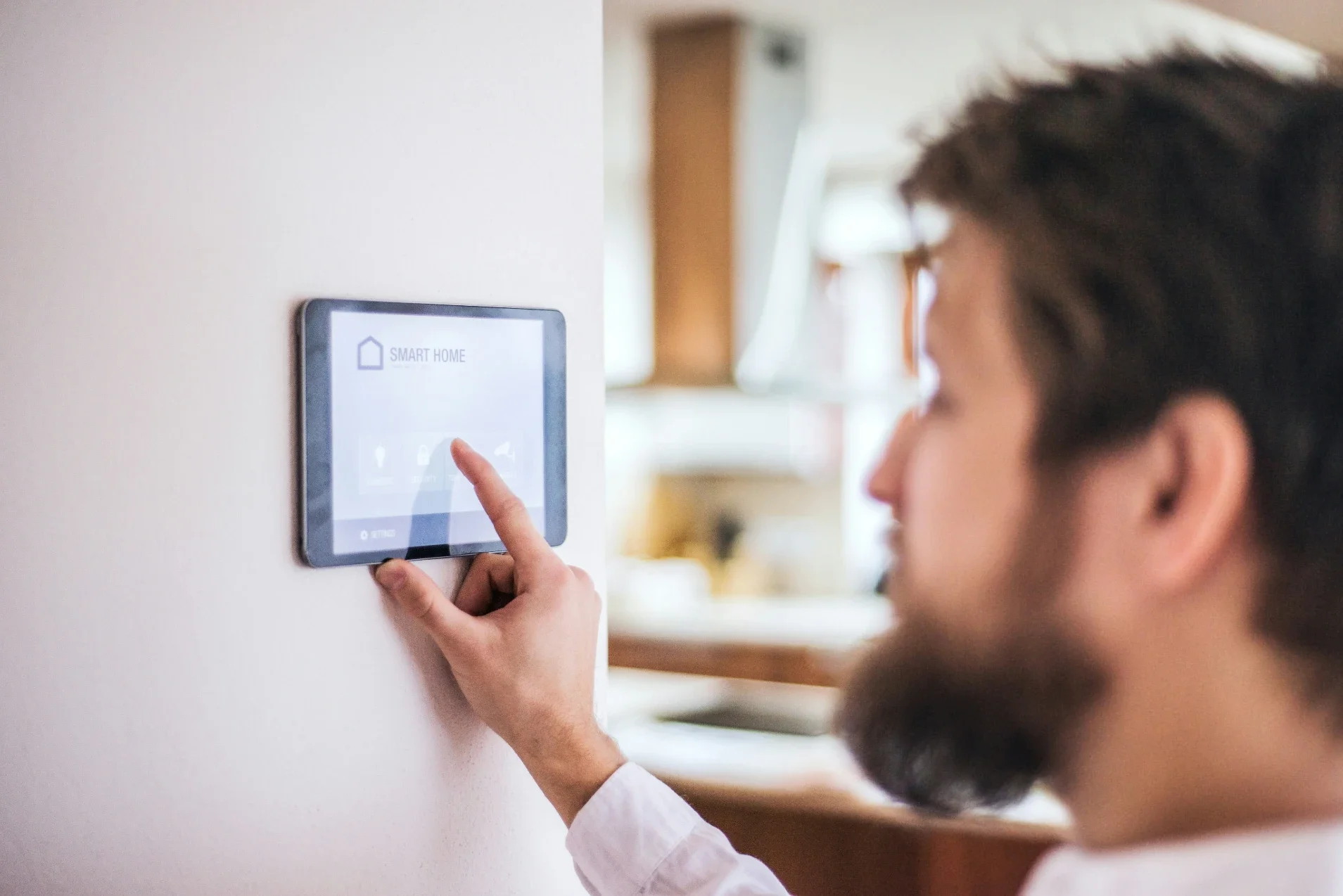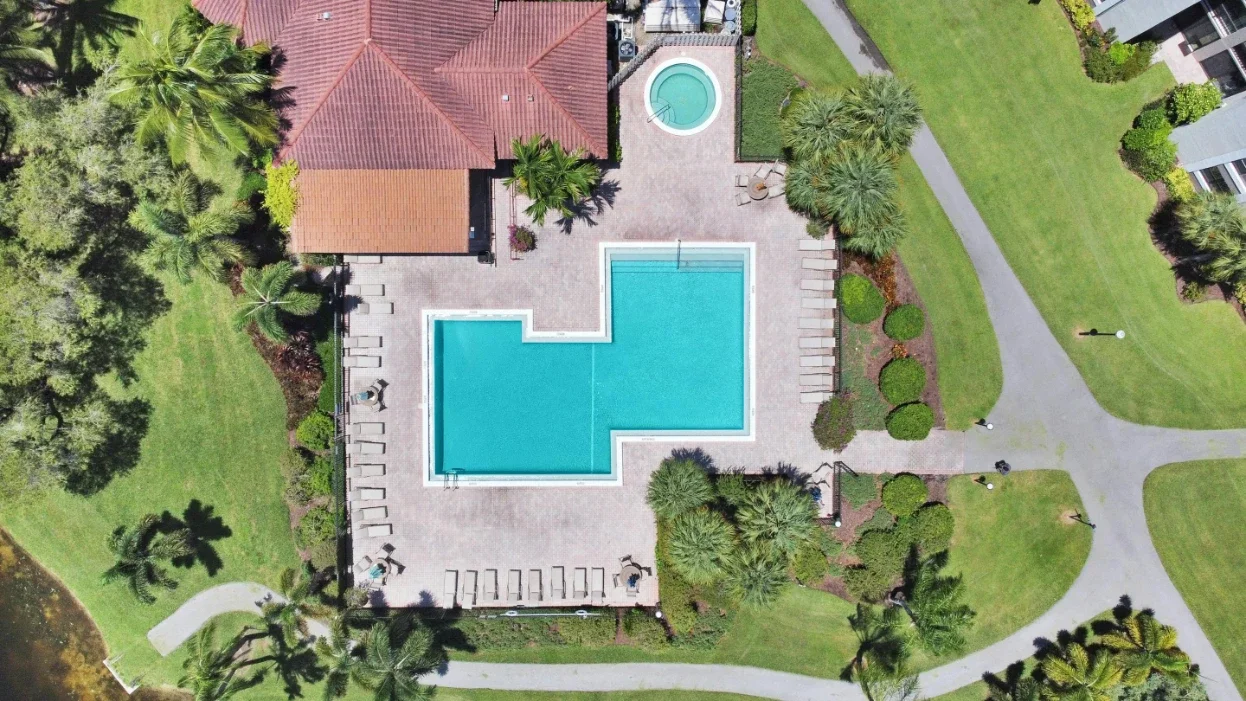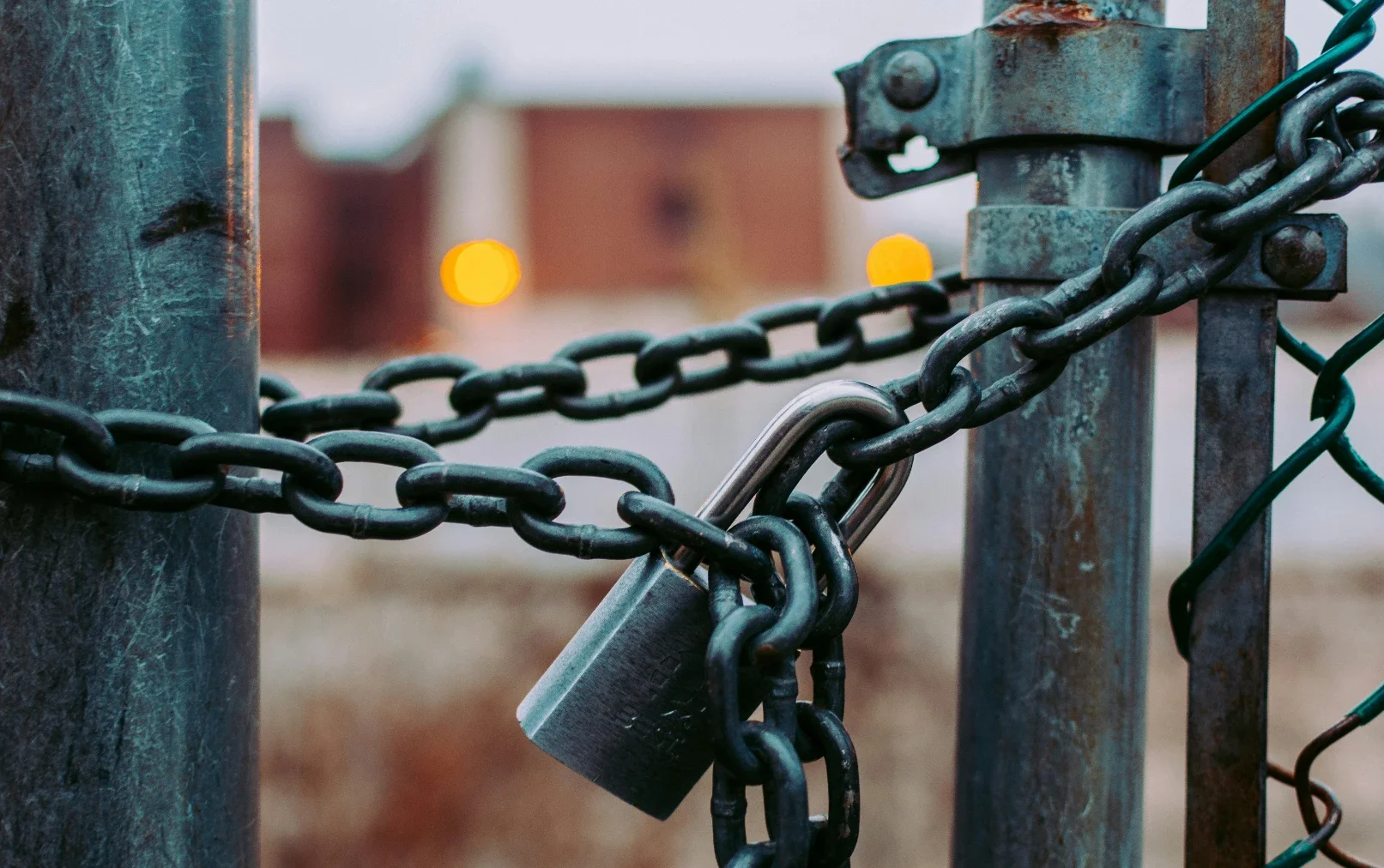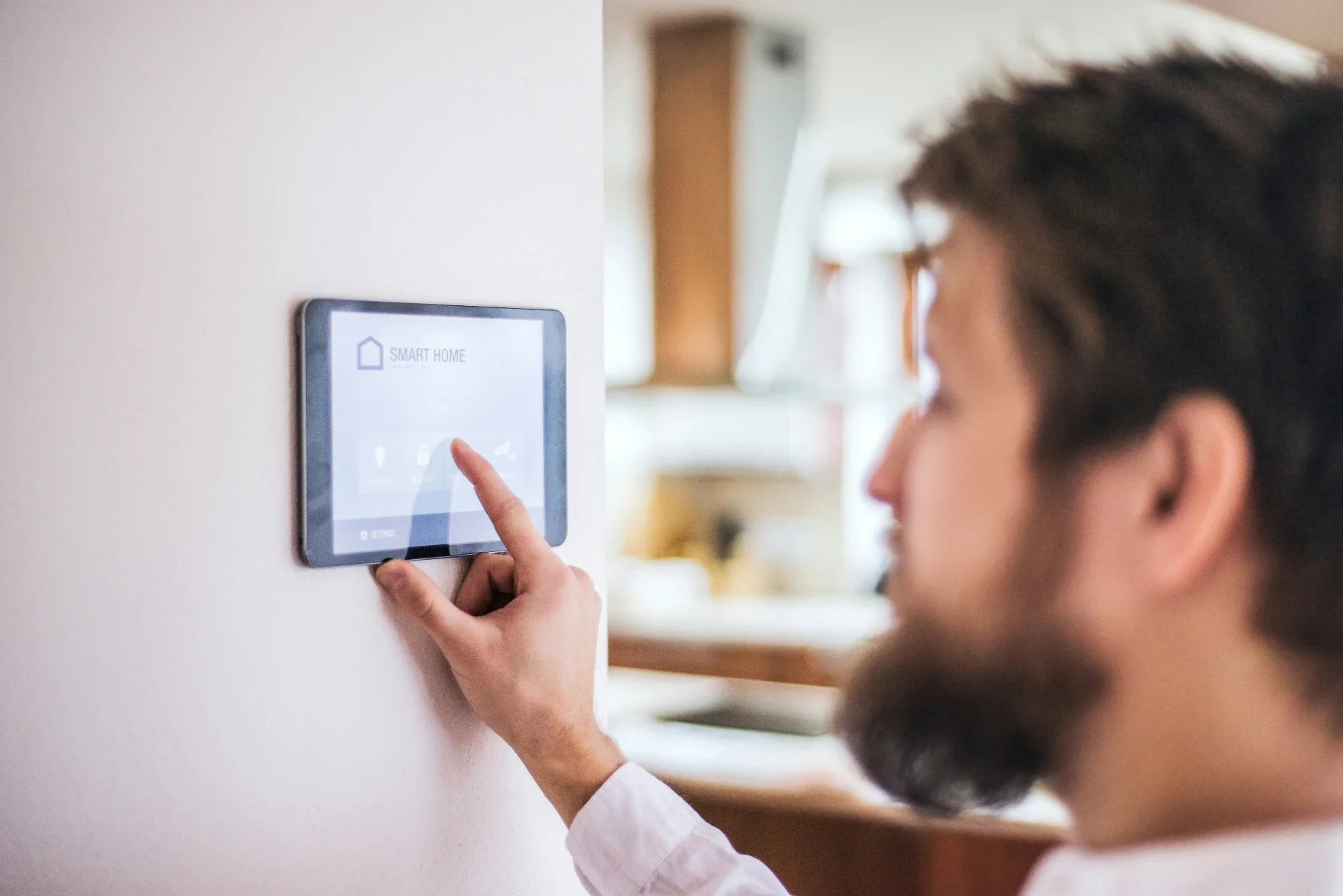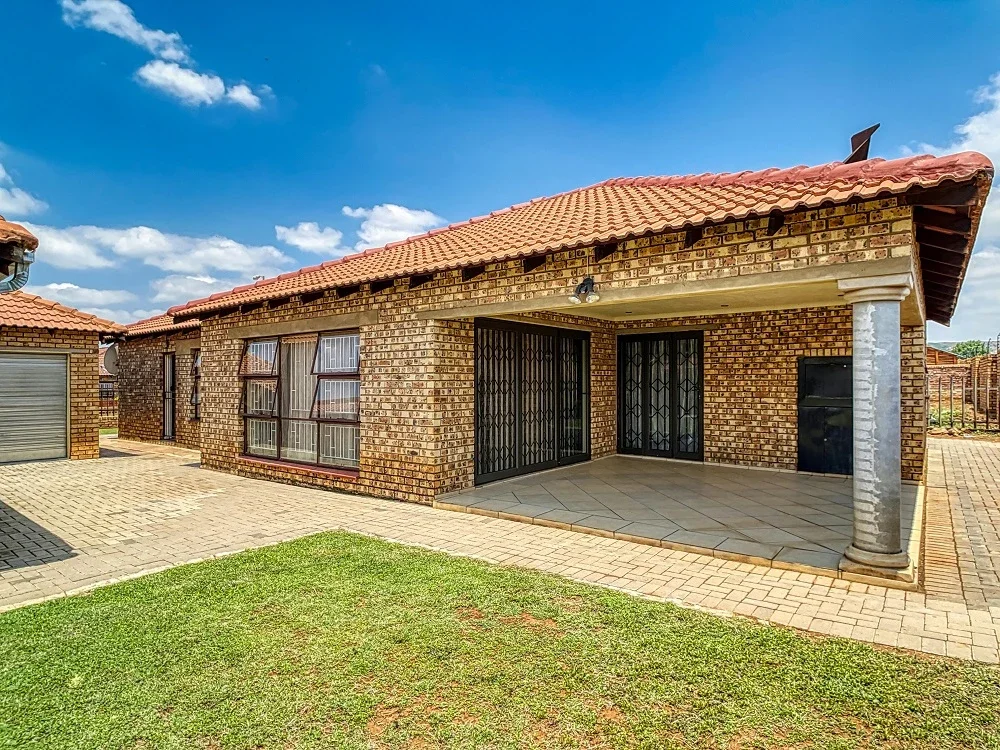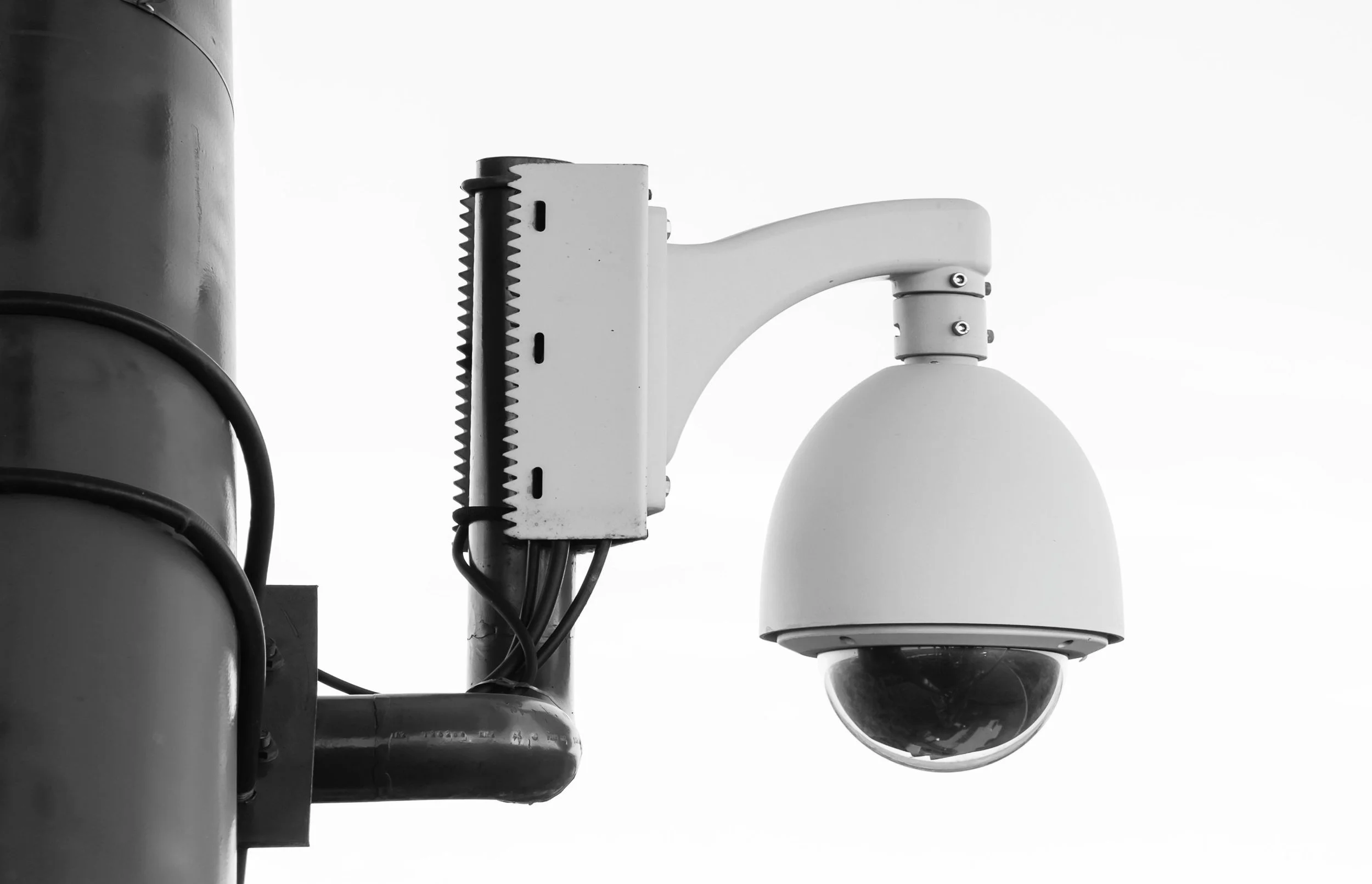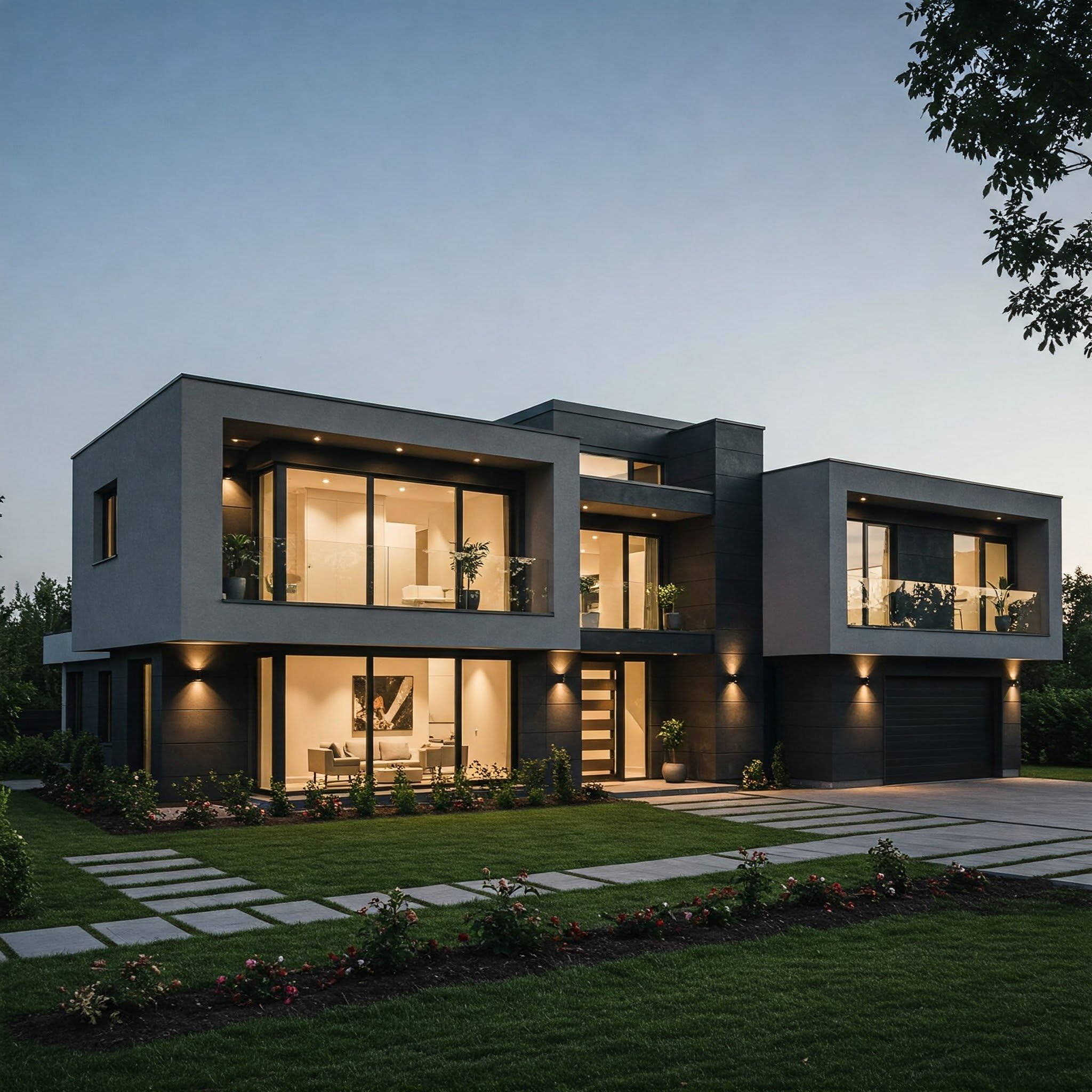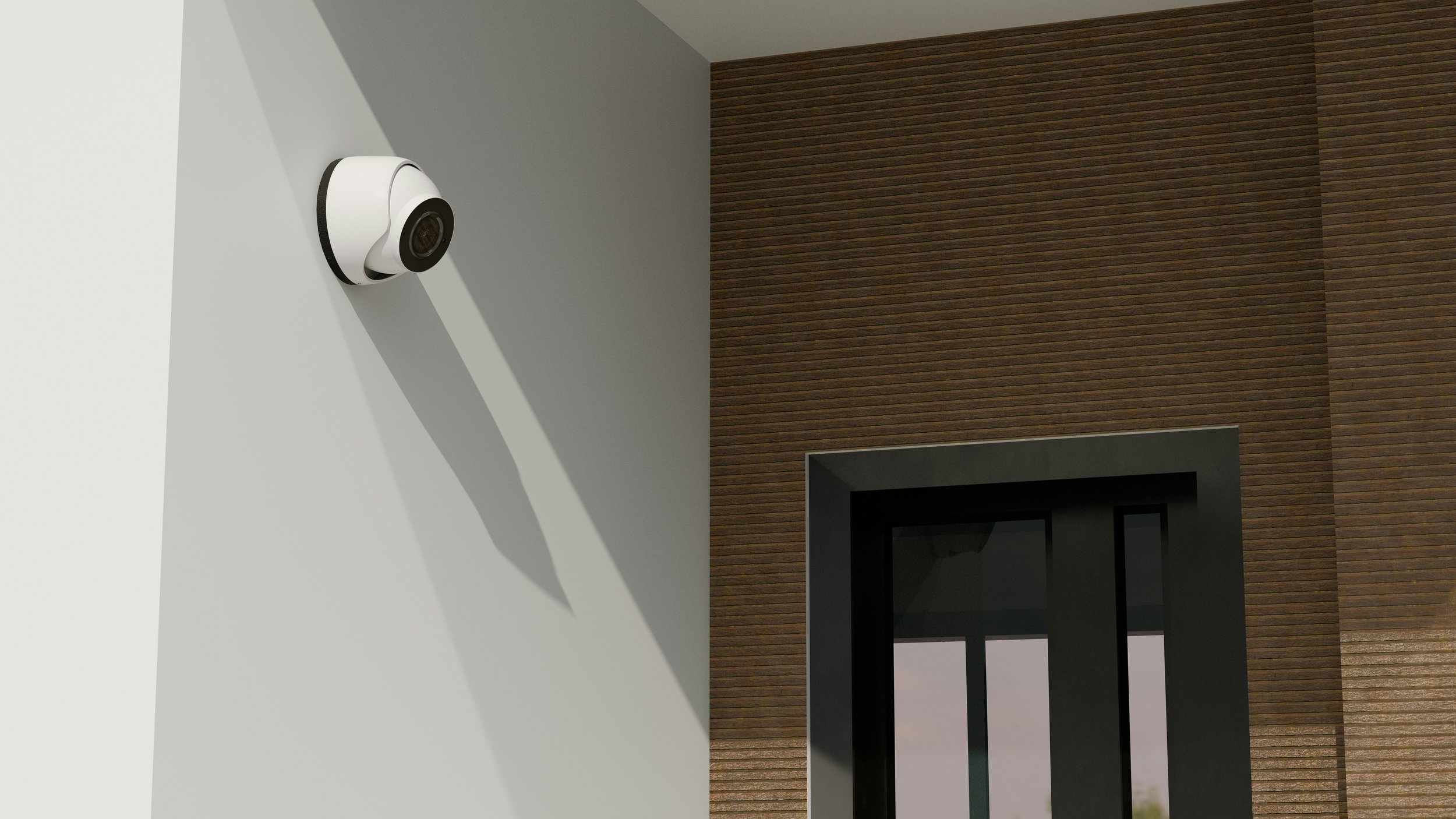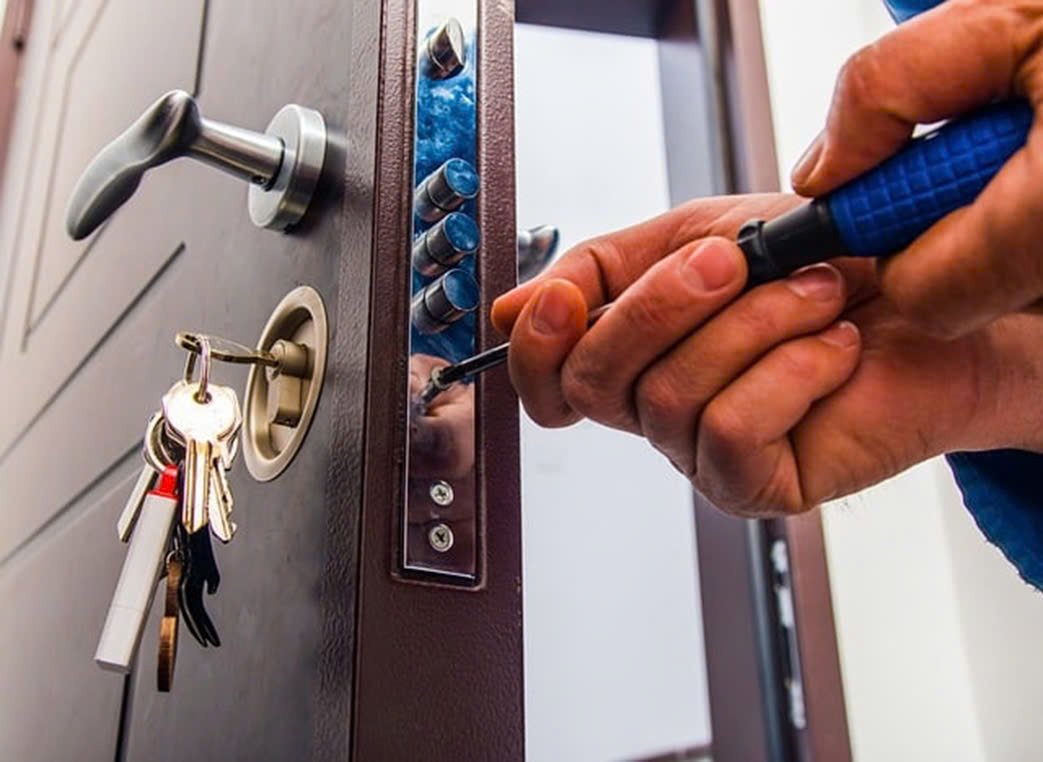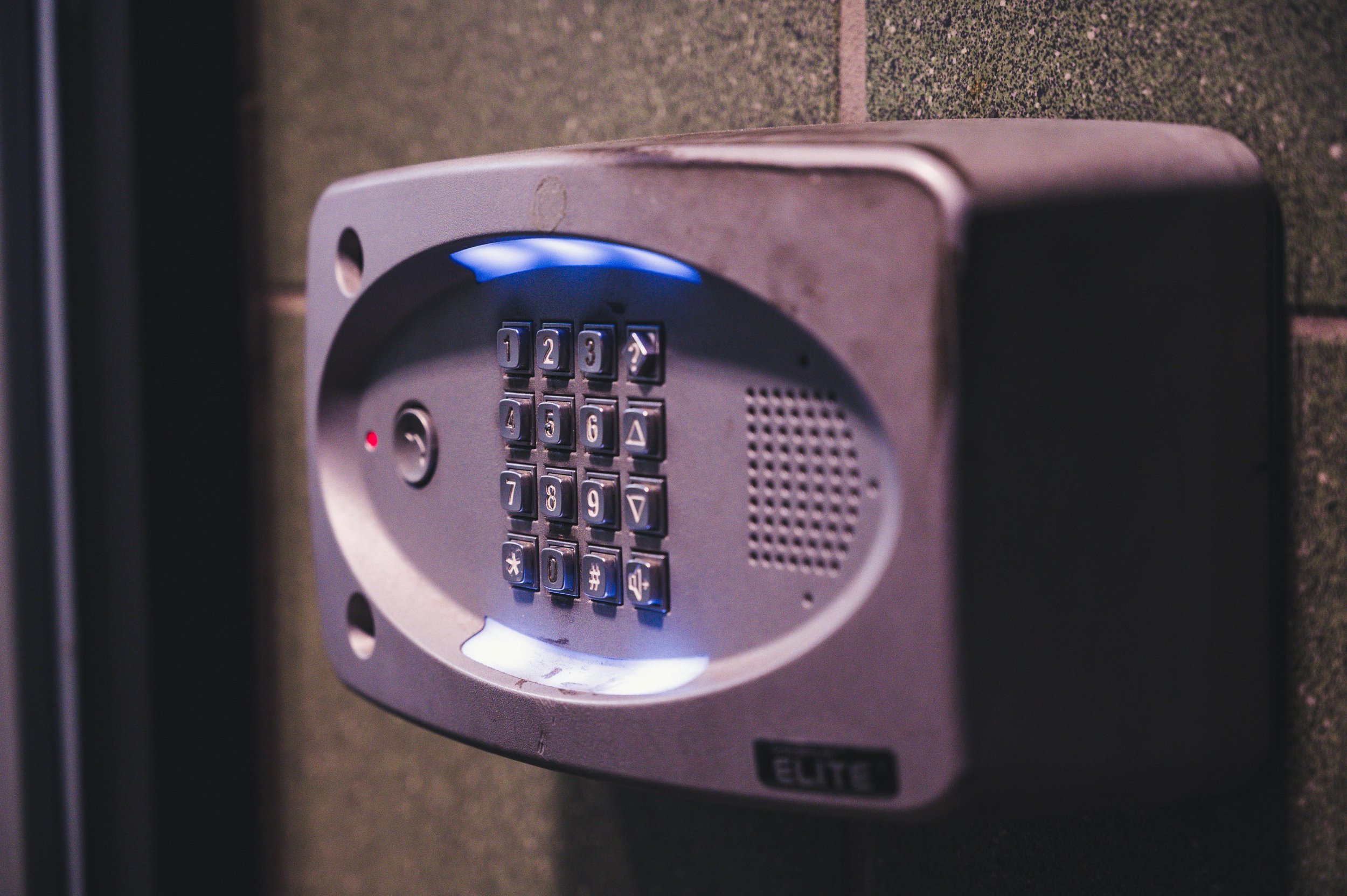How the Top 3 Home Security Systems Stack Up
Compare the top three home security systems and learn how their features, reliability, and smart tech capabilities measure up to protect your home effectively.
If you’ve ever paused halfway down the hallway at night because something creaked behind you, you already know why home security is such a big deal. Most of us want a simple way to feel safer at home. The problem is that choosing a system can turn into a rabbit hole. You start with one comparison chart and, before you know it, you’re three tabs deep into a forum thread from 2019 where someone is arguing about battery life.
So let’s keep things grounded and look at the three systems that people keep talking about in 2025: SimpliSafe, Vivint, and Abode. They’re popular for different reasons, and they’re aimed at totally different types of households.
What Actually Matters When Choosing a System?
People look for different things, but the same handful of questions come up over and over. Can you install it without feeling like you’re doing a science project? How much does the monthly part cost? Does it work with the smart gadgets you already own or are you going to have to rebuild your entire setup around it? And then there’s the contract question. Some folks don’t mind signing something. Others break into a cold sweat at the idea.
You might also be deciding whether you want to pay for professional monitoring or rely on your phone alerts. If you're leaning toward the DIY route, this SafeWise ranking of self-monitored systems lays out what that looks like.
Once you know your comfort level, everything else becomes easier to weigh.
SimpliSafe: The Easygoing Option
SimpliSafe tends to be the one people recommend to friends and family because it doesn’t pick fights. It does what you expect and avoids anything confusing. You set up the base, stick a few sensors to the walls, connect the app, and it’s basically ready. If you dislike manuals and prefer learning by poking around, it fits that mindset.
There are a few things SimpliSafe does better than most. The pricing is straightforward. You don’t sign a contract unless you want to. If you ever need professional monitoring, you can switch it on and off month to month. And the app feels like something you already know how to use.
There are also a couple things it doesn’t try to be. The smart home features are there, but only the basics. Same with the cameras. They’re fine for normal use but not something a tech hobbyist would rave about. For most people who just want something reliable, that’s not a dealbreaker.
Vivint: The Fancy, Fully Synced Option
Vivint is sort of the opposite. It’s built for people who enjoy gadgets and want everything in the house to work together. If your lights, thermostat, door locks, and speakers are basically on speaking terms already, Vivint slides into place easily.
The main control panel looks modern and feels like a central hub instead of a simple keypad. It ties into smart assistants, cameras, and a bunch of third party devices. You don’t install this system yourself. A technician handles all of it, which can be a relief if you’re busy or nervous about messing anything up.
The tradeoff is that Vivint is more expensive and comes with a contract. It’s not really the kind of system you pick if you’re renting or planning to move soon. But if you want top tier automation and don’t mind paying extra for it, Vivint feels polished in a way few systems do.
Abode: The Flexible, Do It Yourself Favorite
If you’re the kind of person who likes settings menus, routines, and the ability to turn features on and off until it fits exactly how you want to live, Abode is usually the frontrunner. It supports a wide mix of platforms, including Apple HomeKit, which a lot of other systems ignore.
You can build a very simple setup or a surprisingly elaborate one. You can self monitor for free, or pay for professional help when you want it. There is no contract unless you choose one. And since the equipment is inexpensive compared to most competitors, it works well for renters or people who think they might reconfigure things later.
Abode does require a little more patience. The support team isn’t always quick to respond, and some users like to troubleshoot small issues themselves. But if you appreciate having options, it gives you more freedom than the average system.
A Quick Side By Side Look
Here is a simple way to compare how these three stack up without digging through charts.
SimpliSafe is the balanced, practical choice that keeps things simple.
Vivint is the high-tech system that ties your whole house together.
Abode is the customizable option that lets you choose how hands on you want to be.
That covers most situations. Once you know which category you fall into, picking becomes a lot easier.
How to Decide What Fits Your Home
A few questions help clarify things.
Do you want to set everything up yourself?
Do you care a lot about smart home features?
Do you plan to move in the next year or two?
Do you want to avoid a long commitment?
Is budget the main factor?
SimpliSafe fits households that want an easy experience and no contracts.
Vivint works best for people who already use a lot of smart devices.
Abode is great for anyone who likes flexibility or needs to keep costs low.
If none of those feel like a perfect match, circling back to a full comparison like this one of the best home security systems available can help you sort the fine details.
Common Questions People Ask
Is self-monitoring enough?
Sometimes. If you check your phone often and live in a low risk area, it may be totally fine. But if you want someone watching alerts while you travel or sleep, professional monitoring adds a layer of safety you can’t replace.
Can I install this myself?
SimpliSafe and Abode are both meant for DIY setups. Vivint is installed by a technician. A few people prefer that, a few don’t.
Are smart home features worth it?
It depends on how much you use them. Some people love being able to lock their door or check the camera from their phone. Others don’t care about automation and just want an alarm that works.
How much should I expect to pay?
Most systems cost somewhere between one and three hundred dollars to start, depending on how many sensors you need. Monitoring plans vary a lot.
Final Thoughts
The best part about choosing a home security system today is that there’s something for almost every kind of homeowner. The hard part is knowing yourself well enough to pick the one that fits your life. Some people want simplicity. Some want automation. Some want low cost and full control.
Take your time with it. Think about how you live day to day. And once you find a system that matches that rhythm, everything else tends to fall into place.
